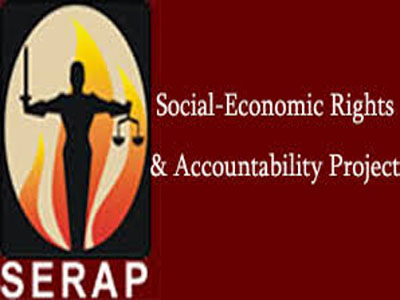The Socio-Economic Rights and Accountability Project (SERAP) has demanded improved transparency and accountability in the administration and implementation of Social Protection Programmes in Lagos State.
The group made the demand during the roundtable meeting which brought together Social Protection Technical Working Groups in the state to share and discuss the findings and recommendations of SERAP’s latest report on the analysis of the Lagos state social protection policy titled “Lagos State Social Protection Policy 2019-2021 Budget Analysis Report’’.
While giving his opening remark, Adetokunbo Mumini, the Executive Director of SERAP, represented by Mr Temidayo Omoju, said it is important that Civil Society Organizations begin to engage agencies of government that are working in the line of Social Protection (SP), to ensure that the SP interventions meet the needs of the poor and vulnerable in the society.
Omoju reiterated the need for CSOs to critically engage government agencies with the aim to continually promote accountability and transparency.
Mrs Adekunle Aremo, Senior Legal Adviser at SERAP while delivering a presentation on ‘Persons with Disabilities’ Access to Protection Programs: The need for review’ explained that the COVID-19 pandemic exposed the need for a strong policy on social protection that will cater for emergencies and address the shocks that residents of the state encounter from time to time.
Aremo who noted that the policy has helped to cater marginalized and vulnerable persons, especially children, women and PWDs, stressed that more needed to be done to avoid omission of those who should be the beneficiaries of SP interventions.
Mr. Tolani Ojuri, a person with albinism spoke on the need to deploy technology to enhance accountability and transparency at the Lagos State Office for Disability Affairs (LASODA).
Ojuri also added that the needs of PWDs vary from one disability cluster to the other, and that LASODA should cater for the various needs.
The roundtable meeting was organized with support from the European Union- Actions for Citizen Driven Transformation (EU-ACT), and had in attendance civil society actors, and government officials.

